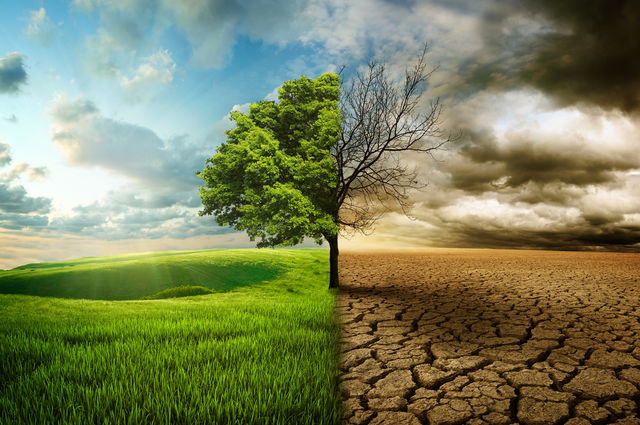The solutions nature provides: how can hotels contribute and benefit?
24 experts shared their view
Nature and its ecosystem services are at the center of the hospitality business proposition: from food and beverage offers to guests' enjoyment of natural landscape at a destination. Nature is not only a 'capital' component available to businesses, but a source of solutions to mitigate and adapt to climate change and protect biodiversity while ensuring the well-being of staff and guests alike. Nature is a prerequisite for a successful business, however, a 40% drop in natural capital per person has been recoded over the past two decades (Dasgupta, 2021). 'Burning' though this inventory of natural capital without a regeneration plan should result in alarm bells ringing. As the Science-Based Target Networks summarizes: "Nature is the backbone of human well-being and the foundation for all economic activity" (SBTN, 2020, p.2). Considering the value of nature to the hospitality industry and the threat of biodiversity collapse, recording and accounting for natural capital and integrating the outcome into the decision-making processes while setting regeneration targets is crucial. Ahead of the official launch of the Decade on Ecosystem Restoration (on World Environment Day, June 5th) by the United Nations, here are a three questions to tackle ((choose one or answer all, sharing of best practices is welcomed):
- Hotels located in urban settings: which nature-based solutions result in value added to guests, staff, owners and community?
- Hotels located in natural settings (e.g. forest, coastline): what actions can be undertaken to maintain or restore the ecosystems?
- Cooperation/Support for greater impact: where can hoteliers obtain help, support or join forces to achieve results
References
- Dasgupta, P. (2021), The Economics of Biodiversity: The Dasgupta Review, London: HM Treasury.
- SBTN (2020). Science-Based Targets for Nature: Initiatil Guidance for Business. Science Based Tageets Network.
- Tew, N.E., Memmott, J., Vaughan, I.P., Bird, S., Stone, G.N., Potts, S.G., and Baldock, K.C.R. (2021). Quantifying nectar production by flowering plants in urban and rural landscapes. Journal of Ecology, 109(2). https://doi.org/10.1111/1365-2745.13598
Hotels, The New Community Beacon
1. Hotels located in urban settings: which nature-based solutions result in value added to guests, staff, owners and community? Hotels located in urban settings can above all address biodiversity through their supply chain. Choosing the products they serve, in F&B in particular, can have a huge impact in this area. Working closely with your partners to find farmers and producers who have the conservation of biodiversity at the heart of their production cycles is key. And if hotels support them they are guaranteed to be able to survive with these methods, which sometimes are more onerous and expensive.
Here a specific example to make it more tangible (this applies only to hotels in countries where farming with traditional milk cattle is still being upheld).
By choosing to source all of a hotels milk and diary products from a farm where cows are left to graze on normal grass in natural settings the benefits to the environment and to biodiversity are manifold.
Gras for grazing usually grows in areas where traditional agriculture is unable to thrive, therefore this land can be used efficiently for letting cows roam. Cows have enzymes to digest grass and turn it into protein for us humans rich in omega 3 fatty acids as well as being tasty.
For cows, who are not raised on soya beans and other artificial feeding products for meat production, being able to roam the fields and graze this guarantees a healthy long life, makes their claws more resistant, and ensures their fertility. Plus cow dung, from natural feed, is as most traditional farmers know, one of the most effective fertilizers for fields, as every cow dung pad is paradise for insects, badly needed for the up-keep of biodiversity and enriches any field with a huge variety of wildflowers when spread across the meadows.
Therefore by just choosing one product carefully the impact you can make is huge!
2. Hotels located in natural settings (e.g. forest, coastline): what actions can be undertaken to maintain or restore the ecosystems? Hotels located in natural settings can a) not only find their own plots of land on the property to select a project to support biodiversity on site but can also work with local conservationist projects to support natural conservation programmes. Such as for example a project we work with in the Caribbean, Mustique Island, where the resort has activated and supported a coral reef restoration programme and has managed to outplant over 7000 new coral reefs over the last five years. This has not only contributed to the increase in diverse fish life around the corals, but also the water quality as well as providing a great guest snorkelling activity with raises awareness and pays for some of the cost of the project (see more details here https://www.mustique-island.com/about/environment/).


